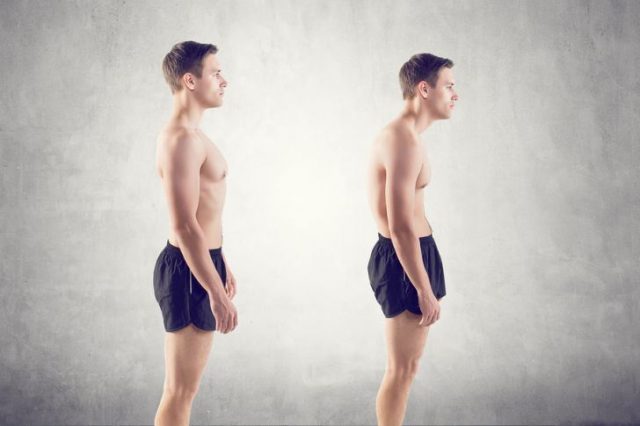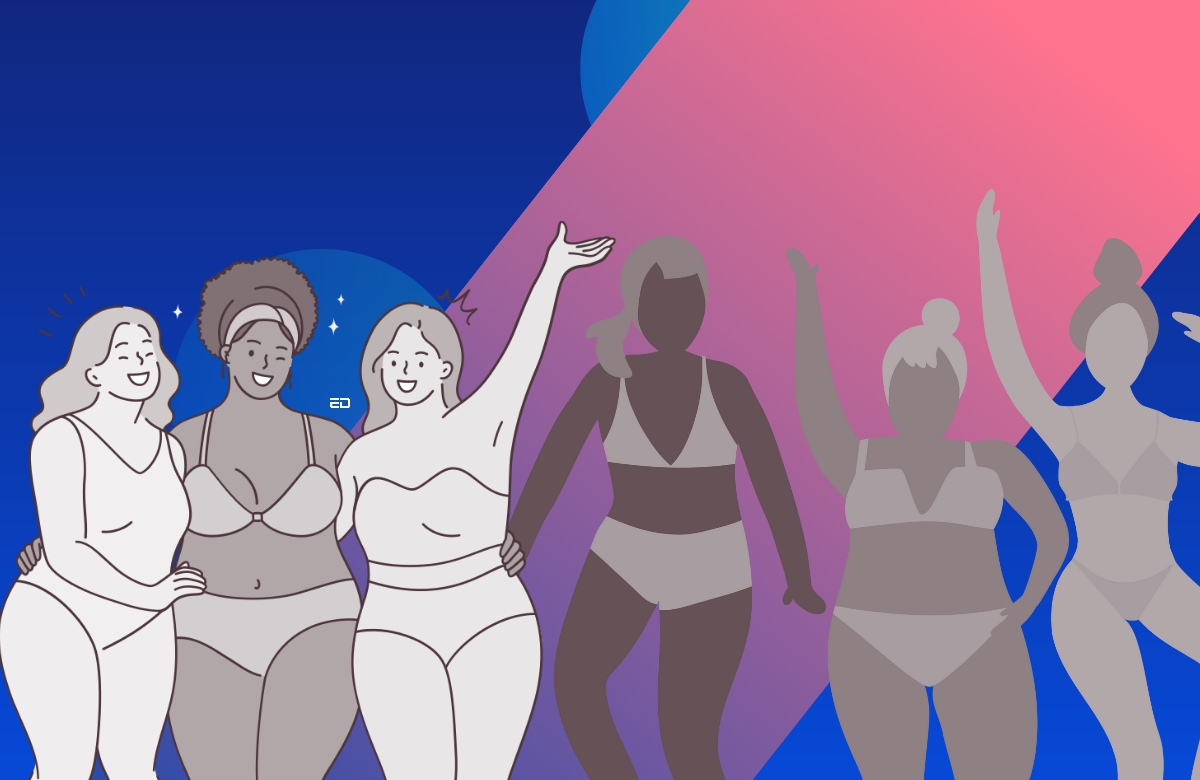According to a recent study, how our own body image issues affect how we evaluate others’ bodies. So, to summarize the deal, whether or not someone is actually overweight, a person with a negative body image may be more likely to label those people as “fat”.
Recently there was a study conducted that asked the question, “what is the relationship between attitudes of your own body, the size you perceive your own body as, and the size you perceive others’ bodies are” as said by the lead author Katri Cornelissen.

The results, which were published in the journal Frontiers in Psychology, show that we are more likely to maintain cultural prejudices about our looks if we absorb them on a deeper level.
This remarkable study indicates that someone who is teased or bullied in school for being overweight is likely to spread negativity to others in addition to developing low self-esteem and a negative body image.
This study challenges us to face the sad reality that society’s programming, which idealises unattainable body types, feeds a cycle of self-hatred with negative effects on both the individual and the group.
The study’s 129 participants gave their Body Mass Index (BMI) data and completed tests that gave an insight into their eating disorder symptoms/behaviour, body dissatisfaction, sadness, and self-esteem.

After that, participants were asked to indicate when, in their judgement, a woman just goes from being a “normal size” to being overweight in a series of computer-generated photographs of female bodies with BMIs ranging from 12.5 (underweight) to 44.5 (obesity).
The findings indicated that, in comparison to the other participants, those who suffered from increased body dissatisfaction defined the “normal/overweight” line at a substantially lower BMI.
Read more: Why Brown Moms Loved Princess Diana?
However, the study’s subjects were all female. However, keep in mind that not only do women experience the terrible disappointment and embarrassment that comes with having a poor body image but the media’s obsession with every fold, sweat bead, and curve of female celebrities’ bodies — and the justifiable criticism that follows — frequently gives the impression that body image problems solely affect women.

Men struggle with body image issues as well, whether it is ‘peer’ induced or due to experiencing childhood trauma and abuse. If the test had included both the sexes in it, the results might have been able to shed some light on the body image issues that men go through.
However, the study does deserve credit where it deserves. It goes on to put a finger on our faces and show how we end up projecting our own insecurities and disappointment regarding our own bodies onto other people.
Image Credits: Google Images
Feature Image designed by Saudamini Seth
Sources: Healthline, National Library of Medicine, The Swaddle
Find the blogger: @SreemayeeN
This post is tagged under: Body Issues, insecurity, negative body image, body shaming
Disclaimer: We do not hold any right, copyright over any of the images used, these have been taken from Google. In case of credits or removal, the owner may kindly mail us.
Other recommendation:
Did The IndiGo Crew Take A Mass Sick Leave To Apply At Air India?



































